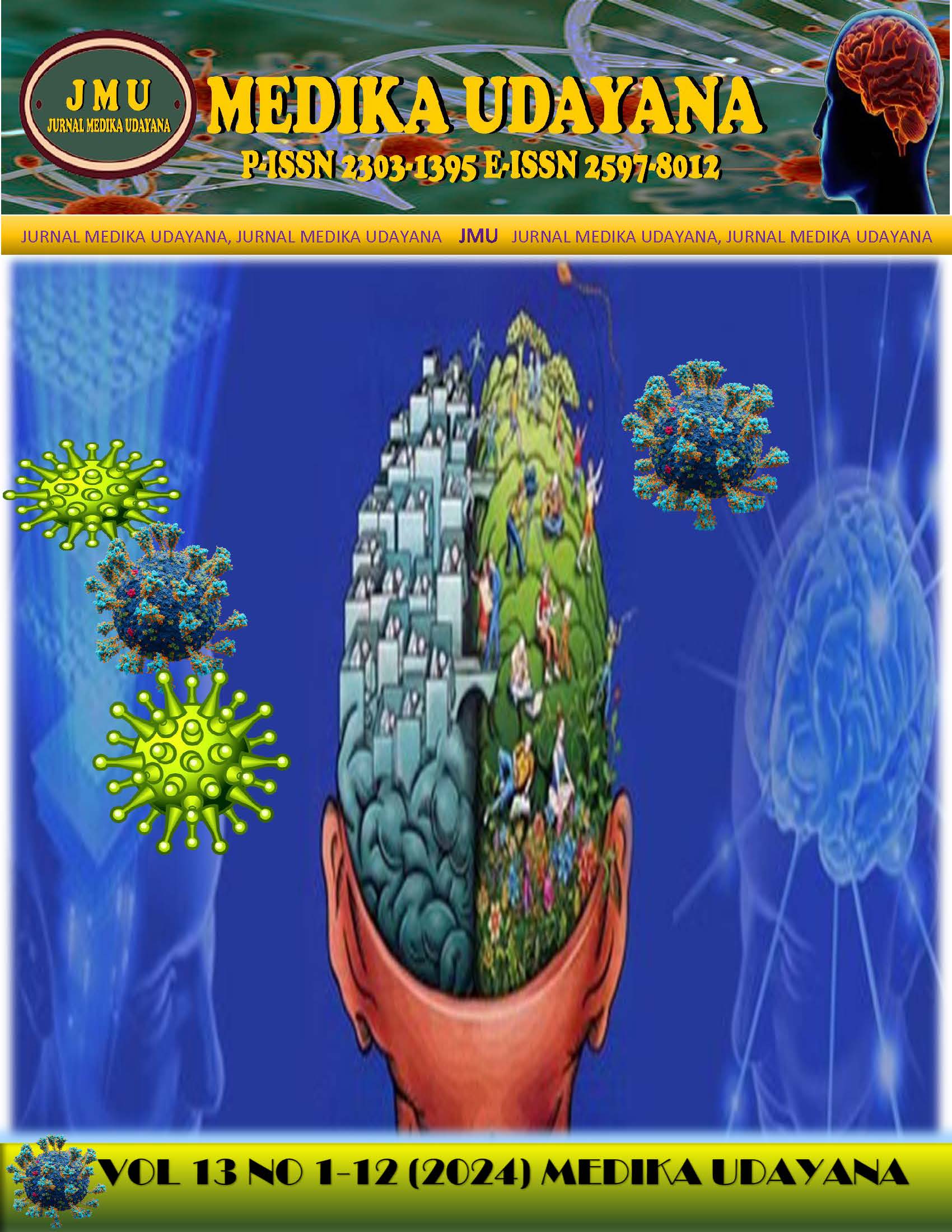THE RELATIONS BETWEEN ANXIOUS MOOD, EMOTIONAL EATING, AND EXTERNAL EATING AND ITS RELATIONSHIP WITH OBESITY IN ADULTS
Abstract
The increase in adult obesity is a serious health issue. Obesity is caused by calorie consumption exceeding an individual’s daily caloric needs. Changes in eating behavior, such as emotional eating and external eating, are related to obesity and negative moods, specifically anxious mood. This study aims to determine the relationship between anxious mood and both emotional and external eating, as well as their relationship to obesity in adults. An observational cross-sectional analytical approach was used on 101 questionnaire respondents. The correlation between anxious mood and eating behaviors was analyzed using the Pearson Product-Moment Correlation test. The relationship between anxious mood and emotional eating and/or external eating with obesity was tested using multivariate Path Analysis. The majority of respondents were female (56,5%). Among respondents, 50,5% experienced anxious mood, 24,8% experienced emotional eating, and 54,5% experienced external eating. Pearson Product-Moment Correlation showed an r value of 0,136 (p-value = 0,175) for anxious mood and emotional eating, and an r value of 0,166 (p-value = 0,097) for anxious mood and external eating. No significant relationship was found between anxious mood and emotional or external eating. Additionally, The Path Analysis test demonstrated that the relationship between anxious mood and emotional eating and/or external eating in relation to obesity in this study showed an R² value, or the total effect of independent variables on the dependent variable, of 2%.
Keywords : anxious mood, eating behavior, obesity











